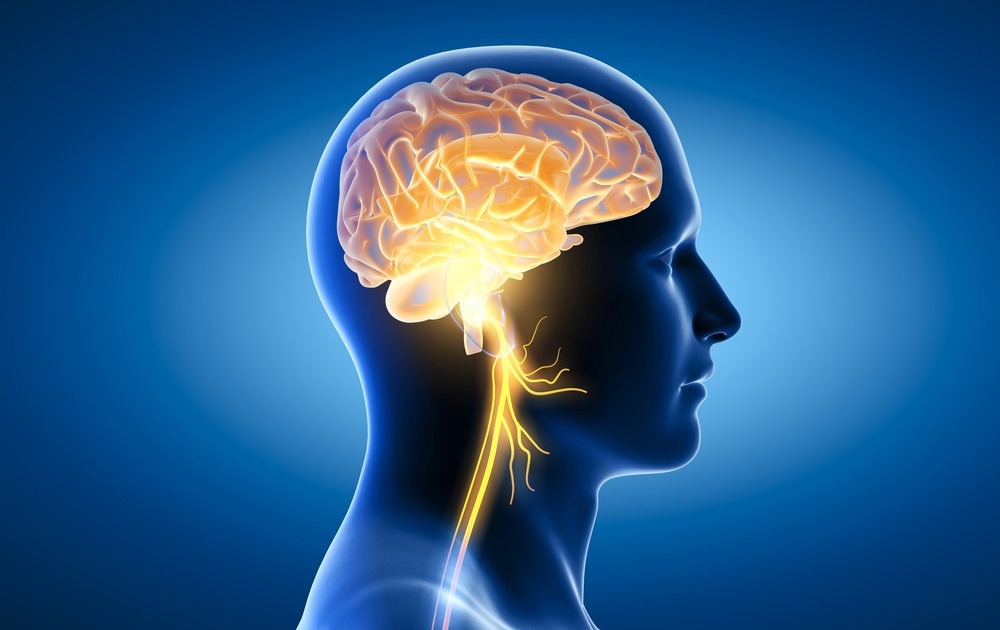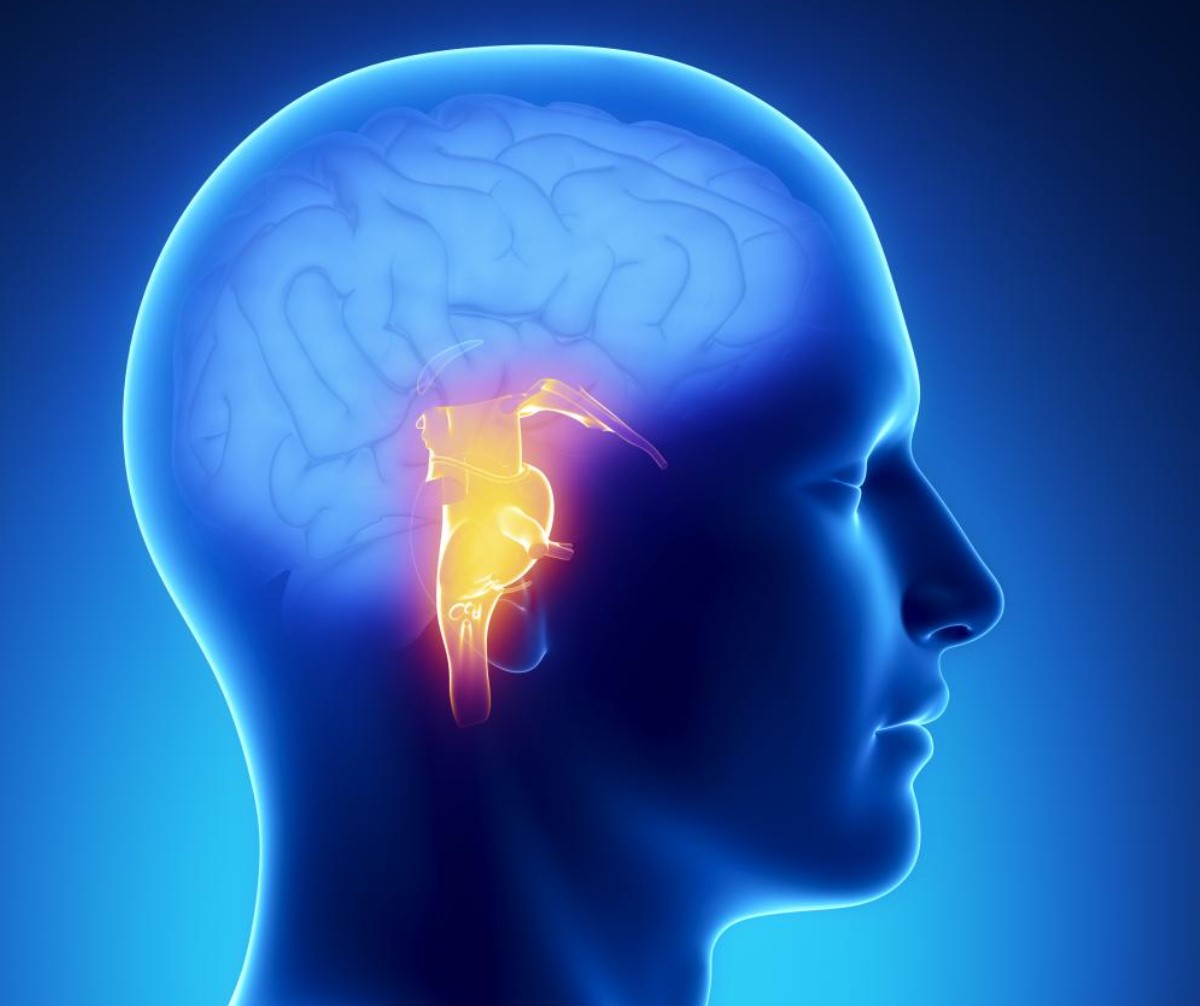Your brain is one of the most important organs in your body. It controls your ability to think, learn, move, breathe, and perform many other essential functions. When something goes wrong with your brain, it can be very serious and even life-threatening. That’s why it’s crucial to recognize the warning signs that may indicate a brain problem.
Many brain disorders can cause symptoms throughout the body, not just in the head area. Your brain and body are closely connected, so problems with your brain often manifest through physical and mental changes. Paying attention to these signals can allow you to get medical help early on and potentially prevent permanent brain damage or disability.
Here are 9 potential warning signs that you may have a brain problem:
1. Severe, Persistent Headaches
While occasional headaches are common and usually not serious, new severe headaches that don’t go away could be a red flag for a brain issue. Seek immediate medical attention if you experience the “worst headache of your life” or a headache that starts suddenly and is different from headaches you’ve had before.
2. Changes in Vision
Brain tumors, strokes, and other neurological conditions can cause vision problems like blurred or double vision, loss of peripheral vision, or temporary vision loss affecting one or both eyes. With certain brain issues, your optic nerves can become swollen or inflamed.
3. Cognitive and Memory Problems
Difficulty concentrating, confusion, forgetting things more often than usual, getting lost in familiar places – these can all be early signs of brain disorders like dementia, brain tumors, and stroke. Even mild declines in memory, focus, and judgement may warrant medical evaluation.
4. Dizziness and Loss of Balance
Feeling dizzy, lightheaded, or having trouble balancing and walking normally could signal a brain problem that affects the parts involved in coordination. Brain tumors, strokes, and other neurological diseases can lead to these issues.
5. Personality or Behavior Changes
Unusual changes in mood, personality, or behavior may occur with many brain disorders. For example, someone may become unusually anxious, aggressive, depressed or display inappropriate behavior that is out of character for them.
6. Weakness or Numbness
New weakness, numbness, or decreased coordination in your face, arm or leg – especially on just one side of the body – is a common sign of stroke and could also be caused by other brain issues. Don’t ignore these deficits.
7. Speech Difficulties
Slurred, garbled or incomprehensible speech can have a variety of possible causes, including stroke, brain tumors, or head trauma affecting the parts of the brain that control speech and language. Problems understanding speech may also occur.
8. Seizures
While not exclusively indicating a brain problem, seizures can be caused by abnormal electrical activity in the brain resulting from conditions like epilepsy, head injuries, brain tumors, and others. Types of seizures include convulsions, staring spells, or brief blackouts.
9. Sleep Issues
A disruption in your normal sleep patterns – either excessive sleepiness or insomnia – may be an early symptom of a brain disorder. Many people with brain tumors, stroke, dementia and other neurological diseases experience fatigue or sleep disturbances.
Some brain disorders develop suddenly, while others have a slow, gradual onset. And some conditions may only initially cause mild symptoms or no noticeable symptoms at all in the early stages.
That’s why it’s so important to pay close attention to even subtle changes in your physical and mental health. Don’t ignore symptoms or write them off, thinking they’re just signs of getting older or being stressed or tired. Seek prompt medical evaluation, especially if the symptoms are new, severe or persistent. READ FULL STORY HERE>>>CLICK HERE TO CONTINUE READING>>>
If you experience the sudden onset of symptoms like severe headache, weakness on one side of the body, vision problems, dizziness, or slurred speech – get emergency medical care as these can be signs of a life-threatening stroke or brain hemorrhage.

For milder, slowly progressing symptoms like memory loss, personality changes, sleep disturbances, etc. – make an appointment with your doctor so they can examine you and potentially order brain imaging tests or other evaluations to check for disorders like tumors, neurodegenerative diseases, or other brain conditions.
Some specific brain disorders and their potential symptoms include:
– Brain tumors – Headaches, seizures, vision changes, speech difficulties, personality shifts
– Stroke – Sudden numbness/weakness on one side, slurred speech, vision loss
– Alzheimer’s/Dementia – Memory loss, confusion, mood/behavior changes
– Parkinson’s – Tremors, stiff muscles, balance/walking problems
– Traumatic Brain Injury – Headaches, dizziness, fatigue, concentration issues
– Epilepsy – Recurring seizures or convulsions
The brain is one of the most complex and vital parts of the human body. Even minor abnormalities in this vital organ can have major effects on your health, abilities, and quality of life. Pay close attention to any unusual symptoms, no matter how minor they may seem.
Don’t ignore the warning signs that your body may be giving you. Getting prompt medical evaluation and treatment at the first symptoms can lead to better outcomes for many brain disorders and neurological diseases. Never brush off symptoms, as time is critically important when it comes to protecting your brain health.


 SPORTS11 months ago
SPORTS11 months ago
 IN-THE-NEWS12 months ago
IN-THE-NEWS12 months ago
 SPORTS8 months ago
SPORTS8 months ago
 METRO10 months ago
METRO10 months ago
 SPORTS11 months ago
SPORTS11 months ago
 IN-THE-NEWS12 months ago
IN-THE-NEWS12 months ago
 SPORTS8 months ago
SPORTS8 months ago
 METRO10 months ago
METRO10 months ago



